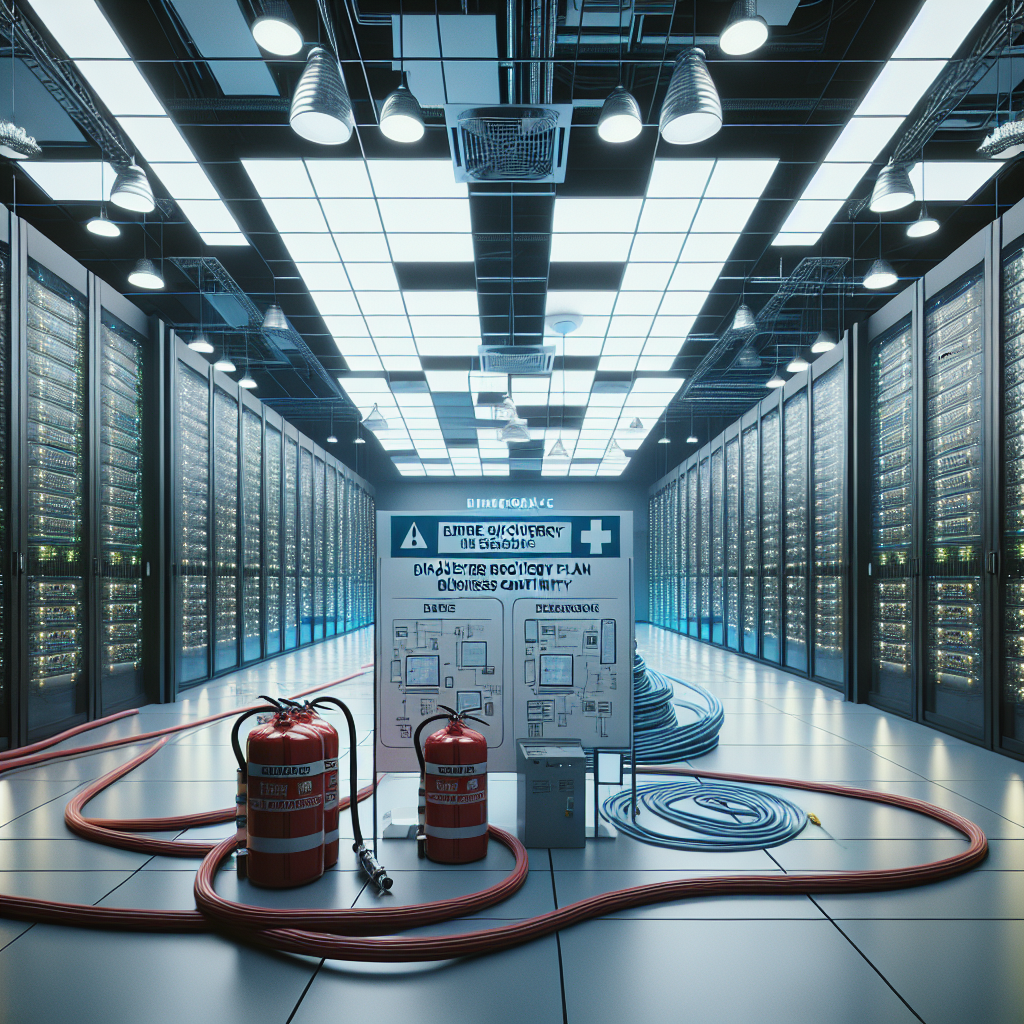Your cart is currently empty!
Ensuring Business Continuity: The Role of Fire Suppression in Data Center Disaster Recovery

In today’s digital age, data centers play a crucial role in ensuring the smooth operation of businesses. They store and process large amounts of critical data that are essential for the day-to-day operations of companies. However, data centers are also vulnerable to various threats that can disrupt their operations, such as fires.
Fire is a common threat that data centers face, and if not properly managed, it can lead to catastrophic consequences. In the event of a fire, the damage to hardware, data, and the overall infrastructure can be significant, resulting in downtime, data loss, and financial losses for the business.
This is where fire suppression systems come into play. Fire suppression systems are designed to detect and extinguish fires quickly and effectively, minimizing the damage and ensuring the continuity of business operations. In the context of data center disaster recovery, fire suppression systems are a critical component of the overall strategy to mitigate the impact of fires and ensure the business can quickly recover and resume operations.
There are various types of fire suppression systems that can be used in data centers, including water-based systems, gas-based systems, and foam-based systems. Each type of system has its own advantages and limitations, and the choice of system will depend on factors such as the size of the data center, the type of equipment being used, and the level of risk tolerance of the business.
Water-based fire suppression systems, such as sprinkler systems, are commonly used in data centers due to their effectiveness in extinguishing fires quickly. However, water-based systems can also cause water damage to equipment and data, which may not be ideal for data centers that house sensitive and critical information.
Gas-based fire suppression systems, such as clean agent systems, are another popular choice for data centers. These systems work by displacing oxygen in the affected area, suffocating the fire without causing damage to the equipment or data. Gas-based systems are preferred for data centers with valuable and sensitive equipment, as they are clean and leave no residue.
Foam-based fire suppression systems are also an option for data centers, particularly for areas where flammable liquids are present. Foam systems work by smothering the fire and preventing it from spreading, making them an effective choice for data centers that store hazardous materials.
In conclusion, fire suppression systems play a crucial role in ensuring business continuity in data center disaster recovery. By investing in the right fire suppression system and implementing proper fire safety measures, businesses can minimize the risk of fires and mitigate their impact on operations. Ultimately, a well-designed fire suppression system is a critical component of a robust disaster recovery plan that can help businesses recover quickly and resume operations in the event of a fire.

Leave a Reply